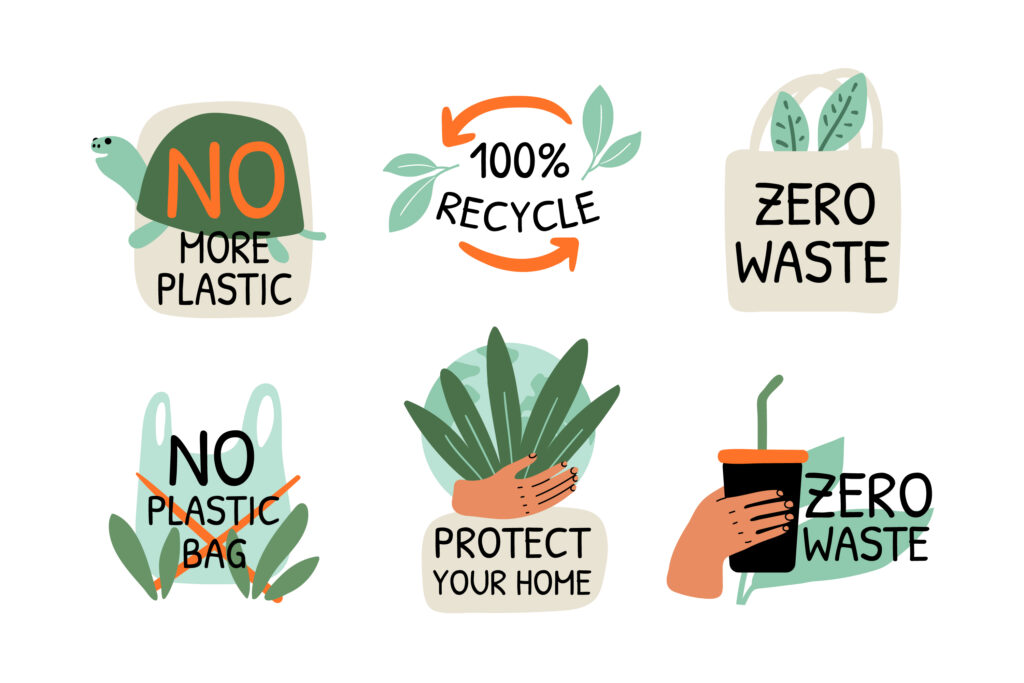
NEW YORK, Sept 22 (Bernama-dpa) — Exposure to chemicals commonly found in plastics during childhood can pose significant health risks well into adulthood, according to an analysis of hundreds of recent studies published on Monday in The Lancet Child & Adolescent Health journal, reported German Press Agency (dpa).
The review warned that plastics in the environment pose a serious threat to children’s health, highlighting three main groups of chemicals: phthalates, which increase flexibility; bisphenols, which add strength; and per- and polyfluoroalkyl substances (PFAS), which give materials heat and water resistance.
Lead author Leonardo Trasande, a paediatrics professor at NYU Grossman School of Medicine in New York, said these chemicals are present in common items including food packaging, cosmetics and even paper receipts.
For example, heating plastic in a microwave can release microplastics and nanoparticles, which may then be ingested.
There is strong evidence that substances from plastic products contribute to diseases in multiple organs and disrupt hormone function, the team writes, citing studies conducted in laboratories and on humans.
Additionally, exposure to toxins from plastics has been linked to nervous system disorders, reduced fertility and IQ loss.
The chemicals may also be associated with long-term conditions such as heart problems, ADHD, obesity and low birth weight.
Trasande said the findings show the role plastics play in the early development of many chronic diseases which persist into the teenage years and into adulthood.
To keep children healthy, the use of plastics must be seriously limited, he said in a press release.
–BERNAMA-dpa